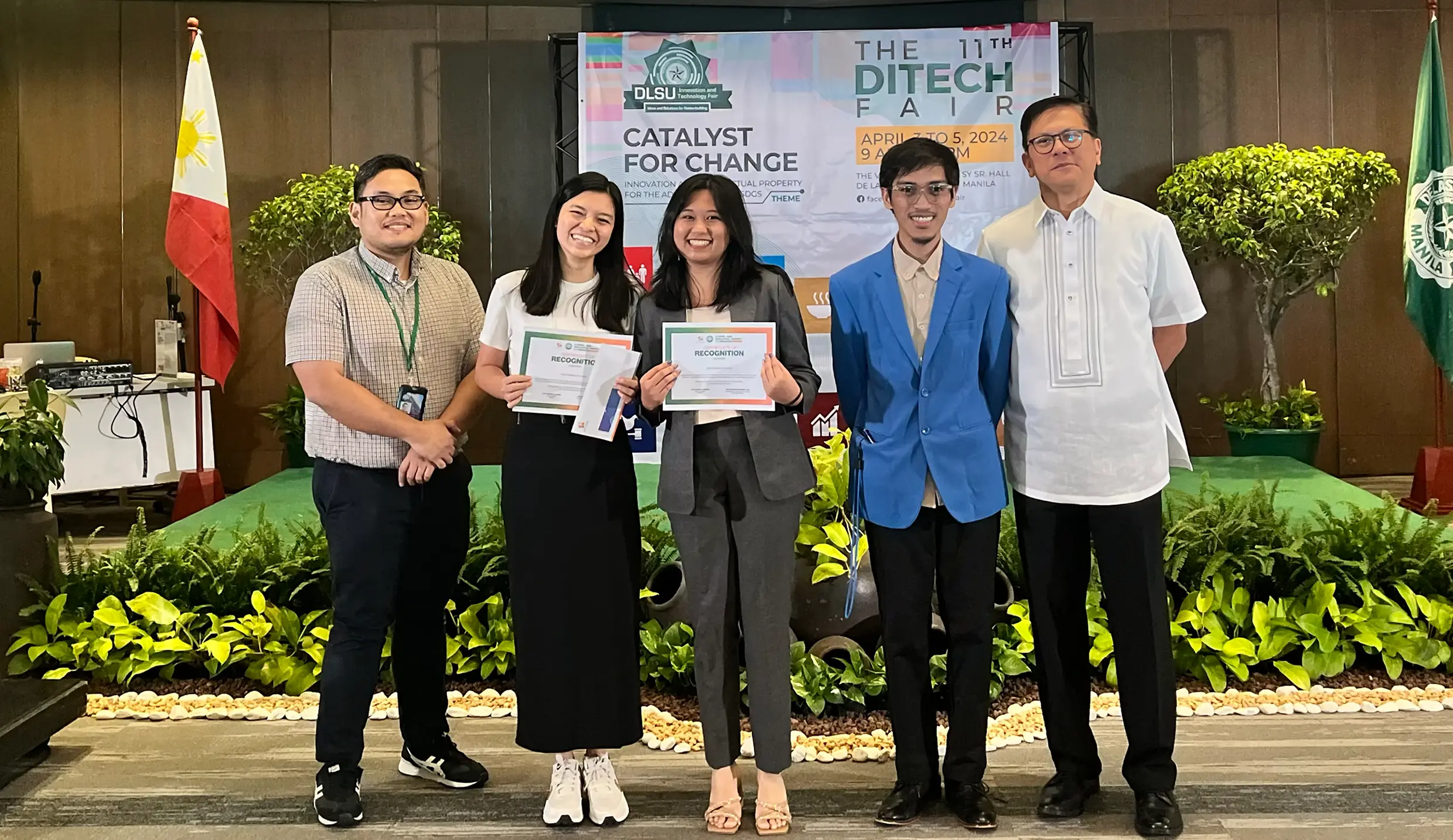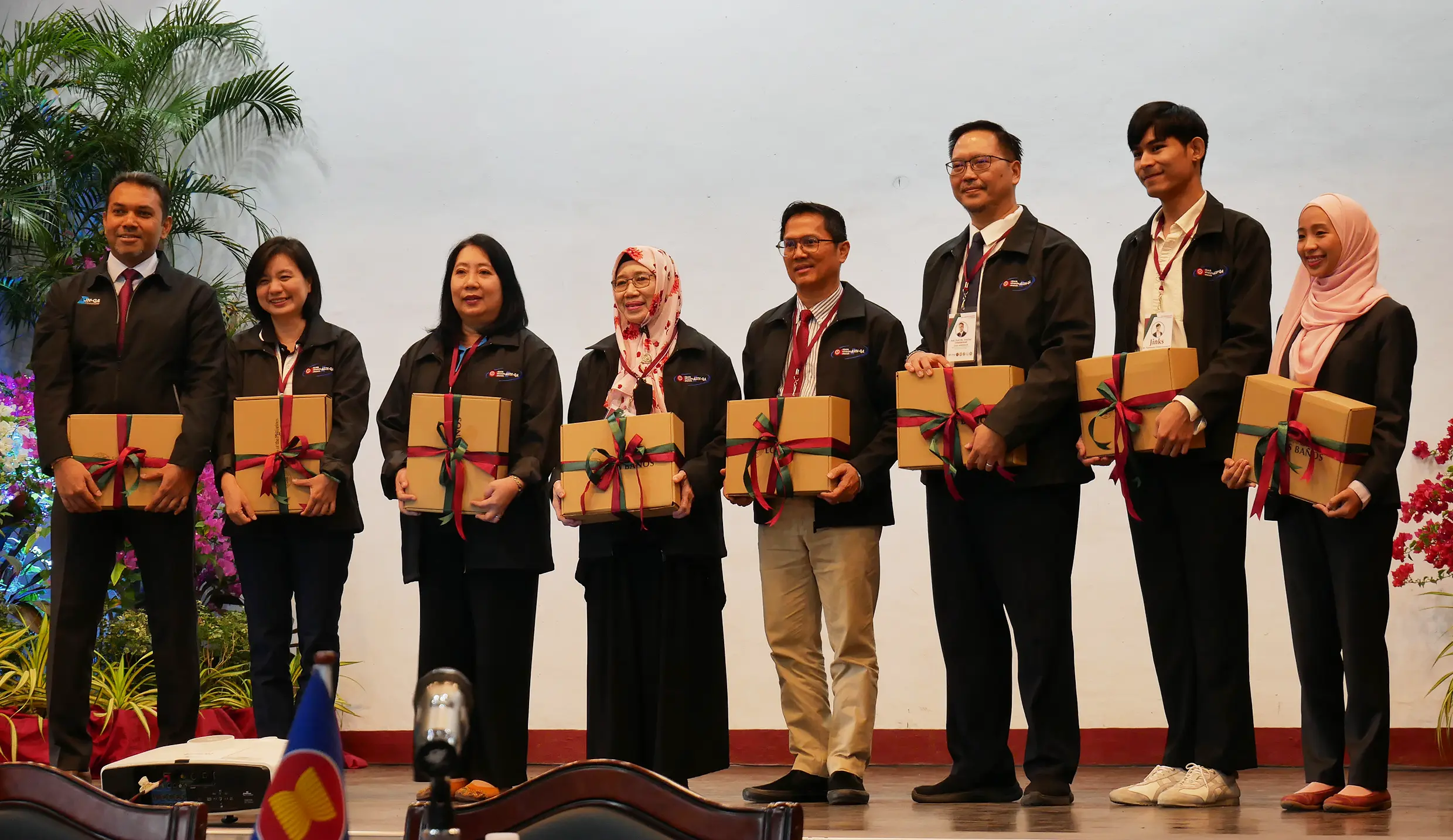
Experts across Asia called for the practice and use of sustainable food systems as they shared their prescriptions and recommendations on how to attain it at the national scientific congress of the International Society for Southeast Asian Agricultural Sciences (ISSAAS) on Dec. 16-17.
ISSAAS is an association composed of professionals, researchers, and academics from Japan, Thailand, Malaysia, Indonesia, Vietnam, and the Philippines.
With the theme “Sustainable Food Systems in the New Normal: Practices, Policies, and Environment,” ISSAAS members discussed compelling reasons for and ways of transforming to more sustainable food systems and fostering linkages and collaboration in agricultural research and development.
In his opening remarks, Dr. Fernando C. Sanchez, Jr., vice president of ISSAAS Philippines, emphasized the importance of the actors in the food systems.
“When we say food systems, this encompasses the actors and activities linked in the value-adding activities in the ‘production, aggregation, processing, distribution, consumption and disposal of food products’ from agriculture, aquaculture, and other bioresources, and parts of the economic, societal, and natural environments,” he explained.
“If you can remember when the lockdowns started, everything stopped but the actors of the food system — from the farmers to the merchants in the market — only paused for a while but continued supplying sustenance to every Filipino household,” Dr. Sanchez added.
Chancellor Jose V. Camacho, Jr., pointed out that despite the achievements worldwide in agricultural science and technology, hunger and malnutrition continue to be one of the greatest challenges many societies face and have been aggravated by the COVID-19 crisis.
“In recent years, the call for advancing the development of a sustainable food system has never been louder,” he pointed out.
ISSAAS Philippines invited five experts who shared their expertise on food systems.
Food systems transformation
In his keynote address, Prof. Dr. Hironobu Shiwachi from the Tokyo University of Agriculture discussed sustainable agriculture with the use of biofertilizers.
He shared to the virtual audience the results of his study on the isolation of nitrogen-fixing bacteria from water yam or ube.
Plenary speaker, Dr. Reynaldo V. Ebora, executive director of the Philippine Council for Agriculture, Aquatic and Natural Resources Research and Development of the Department of Science and Technology (DOST-PCAARRD), discussed the Industry Strategic Science & Technology Plan (ISP) of DOST-PCAARRD and the National Academy of Science and Technology as part of their initiatives to promote food systems transformation.
“The ISP contains programs that are grouped per subsector on crops, livestock, aquatic, forestry, environmental services, and agri-aqua system, and designed per commodity to provide target outcomes,” Dr. Ebora explained.
Dr. Cielito F. Habito, an economist who teaches at the Ateneo de Manila University, shared design parameters for transforming the food system, including localized supply chains with smaller carbon footprints, lessening food waste, and utilizing biodegradable packaging materials using local biological resources.
Need for a transformative mindset
Dr. Imelda Angeles-Agdeppa, Scientist II and the director of the DOST Food and Nutrition Research Institute presented statistics on the food insecurity situation in the Philippines during the pandemic.
She highlighted an observation that proportions of households who experienced the worst forms of food insecurity were from the low risk and moderate risk areas. Agdeppa mentioned that high-risk areas had lower percentages of food insecurity because of the food donations received in most highly urbanized areas.
In his plenary speech, Dr. Glenn B. Gregorio, director of the Southeast Asian Regional Center for Graduate Study and Research in Agriculture (SEARCA), discussed the role of universities in developing sustainable food systems.
“The pandemic underscored the role of universities to produce graduates with a transformative mindset who are adept in understanding the growing complex social concerns and can affect positive change now and in the future,” Gregorio said.
“Universities can support studies and activities related to improving the design of financial technologies for farmers, encourage more programs and budget allocation, and promote sustainable and responsible consumption patterns to support cleaner production,” he added.
The conference, held virtually, was hosted by the ISSAAS Philippine Chapter in partnership with UPLB. (John Glen S. Sarol)








